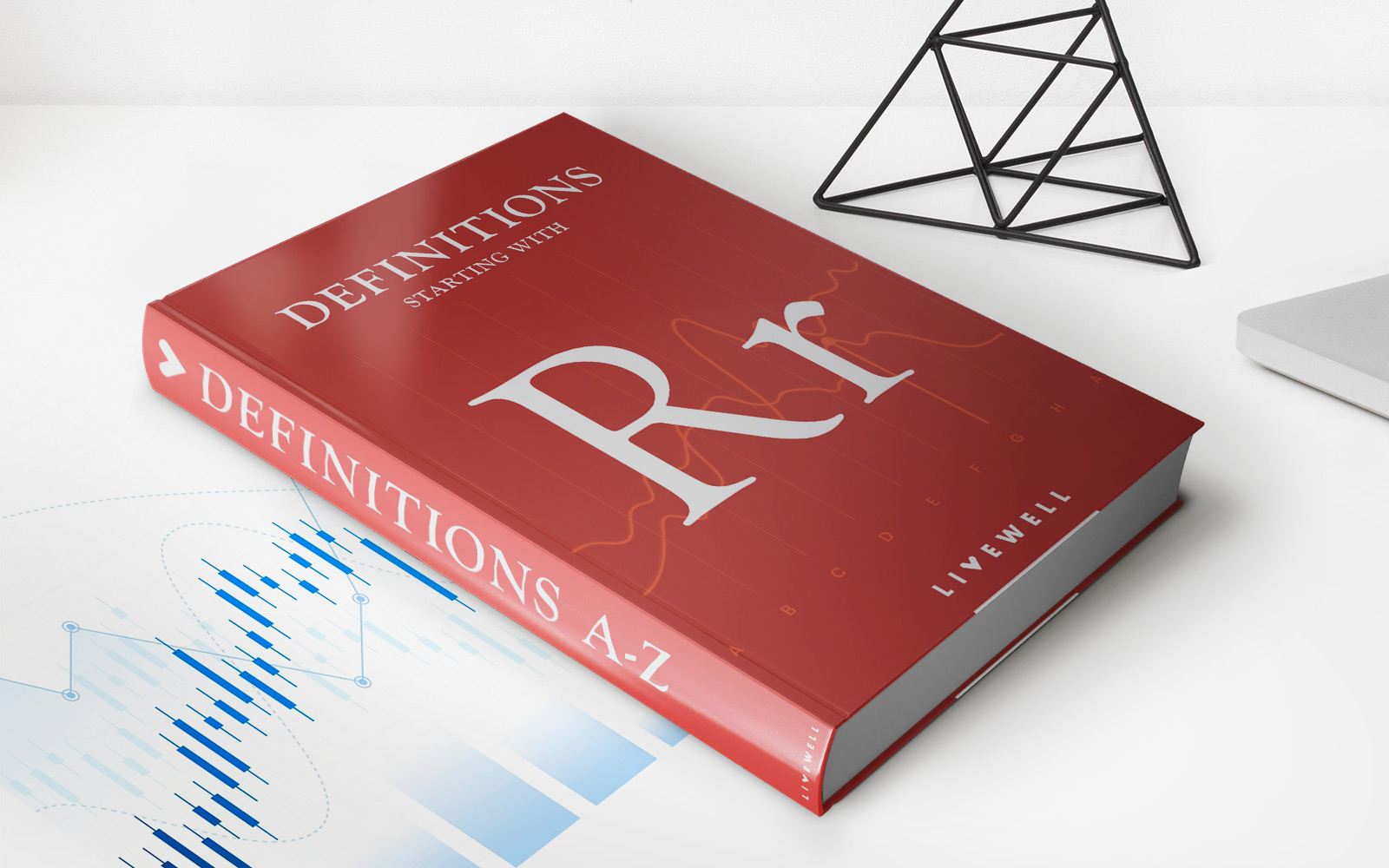Home>Finance>ISO 14000 Definition, Standards, Certification And Costs


Finance
ISO 14000 Definition, Standards, Certification And Costs
Published: December 14, 2023
Learn about ISO 14000, its standards, certification process, and associated costs. Explore how it impacts the finance industry.
(Many of the links in this article redirect to a specific reviewed product. Your purchase of these products through affiliate links helps to generate commission for LiveWell, at no extra cost. Learn more)
ISO 14000: Definition, Standards, Certification, and Costs
Welcome to our Finance blog! Today, we are going to dive into the world of ISO 14000 – a crucial certification for businesses looking to showcase their commitment to environmental sustainability. If you’ve ever wondered what ISO 14000 is all about, what the standards are, how to obtain certification, or the associated costs, you’ve come to the right place. Let’s explore!
Key Takeaways:
- ISO 14000 is an internationally recognized set of standards that focuses on environmental management systems.
- Businesses that obtain ISO 14000 certification demonstrate their dedication to environmental sustainability, minimizing environmental impact, and complying with regulations.
Defining ISO 14000:
ISO 14000 is a series of standards developed by the International Organization for Standardization (ISO) to provide guidance for organizations to establish, implement, and maintain an environmental management system (EMS). These standards are designed to help businesses reduce their environmental footprint, improve operational efficiency, and enhance overall environmental performance.
ISO 14001 is the core standard within the ISO 14000 series, setting the criteria for EMS certification. It outlines the requirements for organizations to identify and control their environmental aspects, establish objectives and targets, implement operational controls, and continuously monitor, measure, and improve their environmental performance.
Obtaining ISO 14001 Certification:
Businesses of all sizes and industries can pursue ISO 14001 certification. Here’s a step-by-step guide on how to obtain it:
- Conduct a Gap Analysis: Evaluate your current environmental management practices against the ISO 14001 standard requirements to identify areas that need improvement.
- Develop an EMS: Establish an effective environmental management system that aligns with ISO 14001 standards. This may involve implementing specific policies, procedures, and controls tailored to your organization’s activities.
- Internal Auditing: Conduct an internal audit to ensure that your EMS is fully operational and compliant with ISO 14001 standards.
- Management Review: Schedule a management review to discuss the performance of your EMS and address any areas that require corrective actions or improvements.
- External Audit: Engage an accredited certification body to perform an independent audit of your EMS. If you meet all the requirements of ISO 14001, you’ll be granted certification.
- Maintaining Certification: Once certified, you’ll need to maintain compliance, undergo regular surveillance audits, and ensure continuous improvement to retain your ISO 14001 certification.
Understanding the Costs:
The costs associated with obtaining ISO 14001 certification vary depending on several factors such as the size and complexity of your organization, the number of facilities involved, and the level of existing environmental management practices. While it’s difficult to provide an exact figure, here are some factors that may impact the cost:
- The cost of hiring an environmental consultant to guide you through the process.
- The expenses involved in implementing necessary changes to meet ISO 14001 standards, including training employees, updating procedures, and investing in new tools or technologies.
- The fees charged by certification bodies for conducting audits and issuing certifications.
- The ongoing costs of maintaining your EMS and continuous improvement efforts.
While the initial investment may seem daunting, ISO 14001 certification can yield significant benefits in terms of improved brand reputation, increased customer trust, reduced environmental risks and associated costs, and access to new business opportunities.
So there you have it – a comprehensive overview of ISO 14000, its standards, the certification process, and the costs involved. If your organization is committed to environmental sustainability, obtaining ISO 14001 certification can be a game-changer. Take the first step towards greener practices and position your business as a responsible and environmentally conscious leader in your industry!














